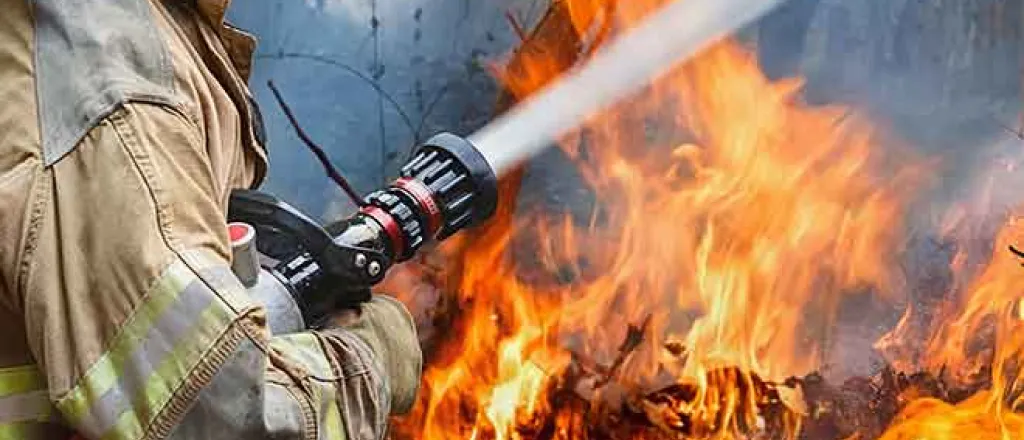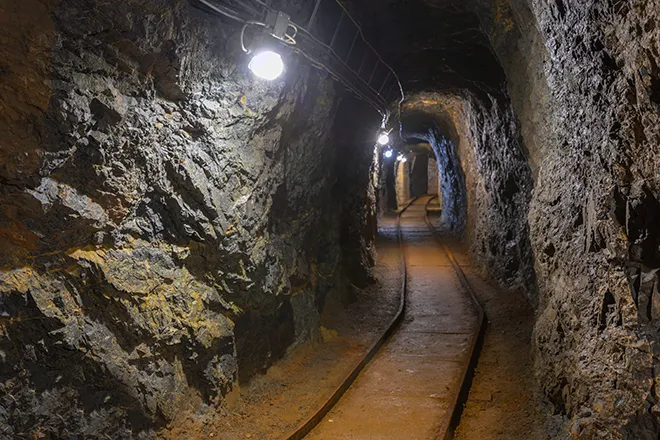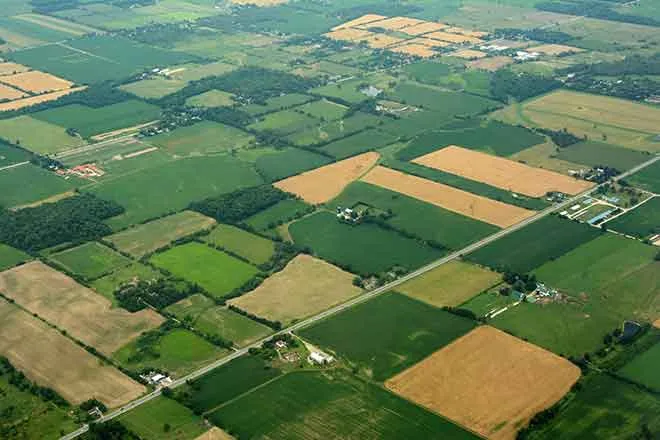
Federal lands in northwest Colorado moving to stricter fire restrictions
(The Center Square) – Public lands in northwestern Colorado that are managed by the U.S. Bureau of Land Management will be under stricter fire restrictions starting Friday.
Stage 2 fire restrictions will go into effect on BLM-managed lands in Grand, Eagle, Summit, Routt, Moffat, Garfield, and Rio Blanco counties, the federal agency said.
“Recent hot and windy conditions across northwest Colorado have dried out fuels providing optimal conditions for wildfires,” BLM’s Northwest District Office said in a news release.
The agency cited recent wildfires in Moffat County, Rio Blanco County near Rangely, and Routt County near Kremmling for increasing the fire restrictions.
“Based on these recent conditions, officials decided to implement stage 2 fire restrictions beginning June 25,” the agency said.
The Stage 2 restrictions mean no fires, campfires, charcoal grills or stove are allowed, even in designated camping areas, but “devices using pressurized liquid or gas are exempted.” Under Stage 1 restrictions, campfires are permitted only in "designated fire grates in developed campgrounds."
Stage 1 restrictions on BLM lands in the counties went into place last Wednesday.
Smoking must be confined to an enclosed location like a car or tent under Stage 2 restrictions, and explosives or incendiary devices are prohibited under both restriction levels. Fireworks are banned year-round on BLM lands.
The federal agency noted other fire restrictions were put in place this week in the White River National Forest, Dinosaur National Monument, and Browns Park National Wildlife Refuge.
Mesa County, along with the BLM’s Colorado River District Office, implemented Stage 1 restrictions beginning last Friday.
“We are starting off fire season worse off than last year. The stage is set for a potentially longer duration and more hazardous fire season,” Mesa County Sheriff’s Office Emergency Services Director Andy Martsolf said. “This year more than ever, we need the community’s help to prevent fires. Together we can significantly reduce human-caused fires by being proactive and cautious with activities that could ignite a wildfire.”
Colorado experienced a harsh wildfire season last year, with state officials allocating more funding to wildfire mitigation and response resources this year.
















